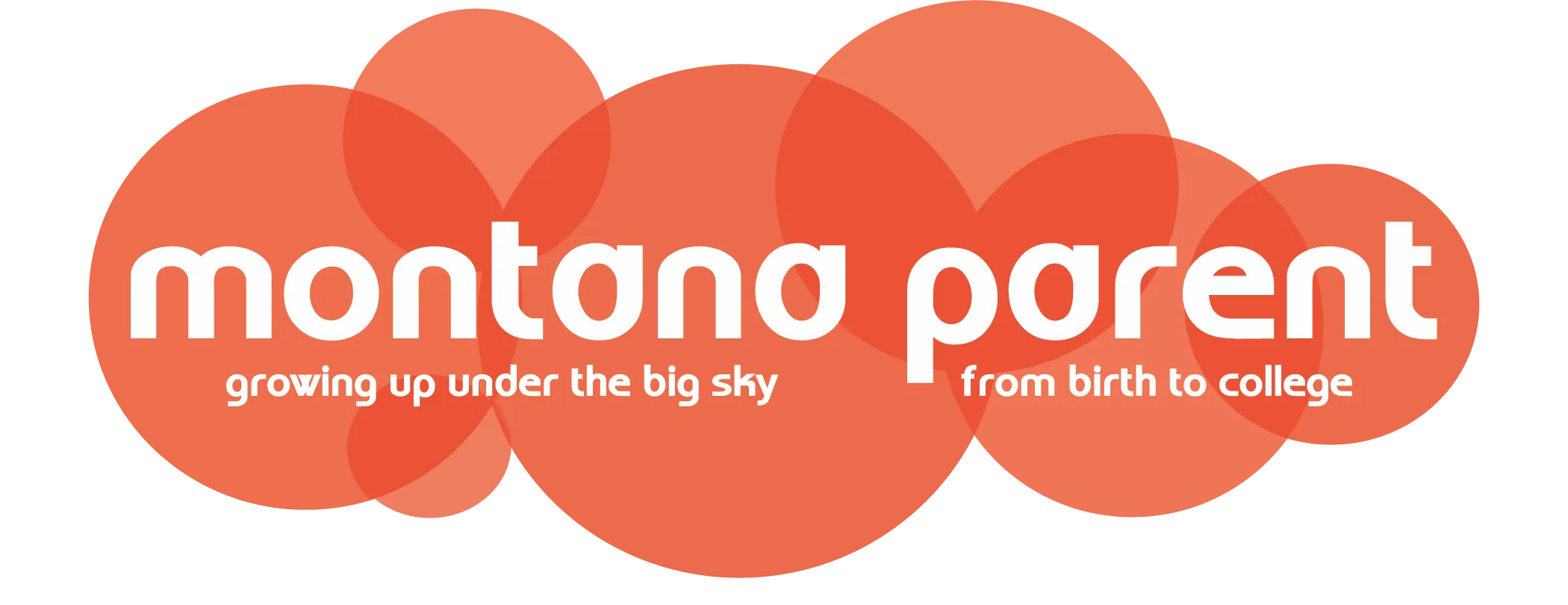The Power of Adventures
March 13, 2017
Posted By: Shaunescy
ARTICLE BY SAM CRITCHLOW
When I was 13, I was sent to sleepaway camp – not unwillingly, but unwitting as to what the new experience would hold. I had heard wild stories from some of my friends about what happened at the local overnight camp. A nonstop playlist of minimally-supervised activities and adolescent chaos. Lots of swimming. Pranks. Dances. Apocryphal claims of camp romance. I assumed this was the camp I would be attending, and tried to imagine myself in such a place with a mixture of excitement and terror.
My anticipation was short-lived: I eventually learned that I would not be attending the infamous local camp. Rather, I would be attending Darrow, a Quaker-inspired canoeing camp in Eastern Maine. Not “canoeing, arts-and-crafts, archery and waterskiing.” Just canoeing. It sounded like the exact opposite of how my friends described camp.
Once I arrived at camp, I learned more details but felt no less an outsider. Many of the campers and staff had been going to Darrow for years.
They wore wool, and not the soft merino of modern Bozemanites. They cooked every meal over a fire. They used beautiful, hand-built wood-canvas canoes – even on rapids. I heard from other campers how hard the trip would be. Sometimes the waterlogged canoes would need to be portaged a mile or more between bodies of water. There would be bugs: mosquitos, black flies and, worse, no-see-ums. But even as a wide-eyed newcomer, I was met with welcome inclusion and reassurance by campers and staff alike. It would be hard, but I would be supported and valued.
A loud, splashing caravan of boys making their way through the headwaters of the St. Croix river and surrounding lakes, we paddled many miles over the next two weeks. Every day was a new adventure: a new lake or stretch of river, different wildlife sightings, changing weather and the deepening relationships of trust and interdependence. I learned that fitting in was more about helping others and having fun than it was about the skills and gear I brought to camp. We broke a paddle, burnt some meals, got in arguments, survived rainstorms and rapids. It felt like perfect, chaotic fun, different in form but not in spirit from how I imagined camp would be.
In retrospect, what felt like a wild adventure to my 13-year-old self was designed with immense purpose. My trip leaders (whom I still think of as heroes) were highly capable and thoughtful in how they led us. They had a keen sense of what scale of failure was acceptable, even desirable. They knew when to take charge and when to sit back: a slightly burnt meal was a price well worth paying for the sense of accomplishment and independence gained by a trio of boys who, entirely on their own, cooked dinner over a fire for the whole group. When a boat inevitably hit a rock in rapids, it became an opportunity to learn how to patch canvas and wood, rather than a moment for blame or guilt. Underlying every moment was an understanding of what types and magnitudes of risks are worth taking.
Chopping wood (kneeling, away from others): Yes!
Crossing a lake with gathering storm clouds: No!
I finished my trip feeling exhilarated and accomplished. I had new friends and a new sense of my own capabilities. I returned home with pride for the things I had learned, from the nuances of the J-stroke, to the careful balance in coal-to-flame ratio when baking bread with a reflector oven, to the importance of silence and reflection. I arrived at camp missing home. I returned home with a surprising sense of longing for the rivers, woods and even the distinct smell of the weathered tents. In giving us the time, space, and trust to try so many new things, our trip leaders helped us learn far more in two weeks than we ever would in our classrooms or at home.
These are the powers of place, adventure, trust, group process and curiosity. I would return to Darrow three more years as a camper, and five more as a trip leader. It continues to shape how I think about education, community and myself. How far must we travel to find places, people and experiences like I found at camp? Must these types of experiences exist only in the short term, and only away from home and school? I now know there is as much potential for adventure, learning and reflection in nearby adventures as in far, in winter as in summer, in school as at camp. When we create the time, space and trust to fully engage in the world around us, ask important questions and learn new skills alongside like-minded adventurers, we offer up a learning experience that sets young people up for a lifetime of connection, curiosity and adventure.
Sam Critchlow is the Founding Head of
School at Bozeman Field School, a placebased,
Independent High School opening
fall 2017 and accepting applications for 9th
and 10th grade students now.
Learn more at














